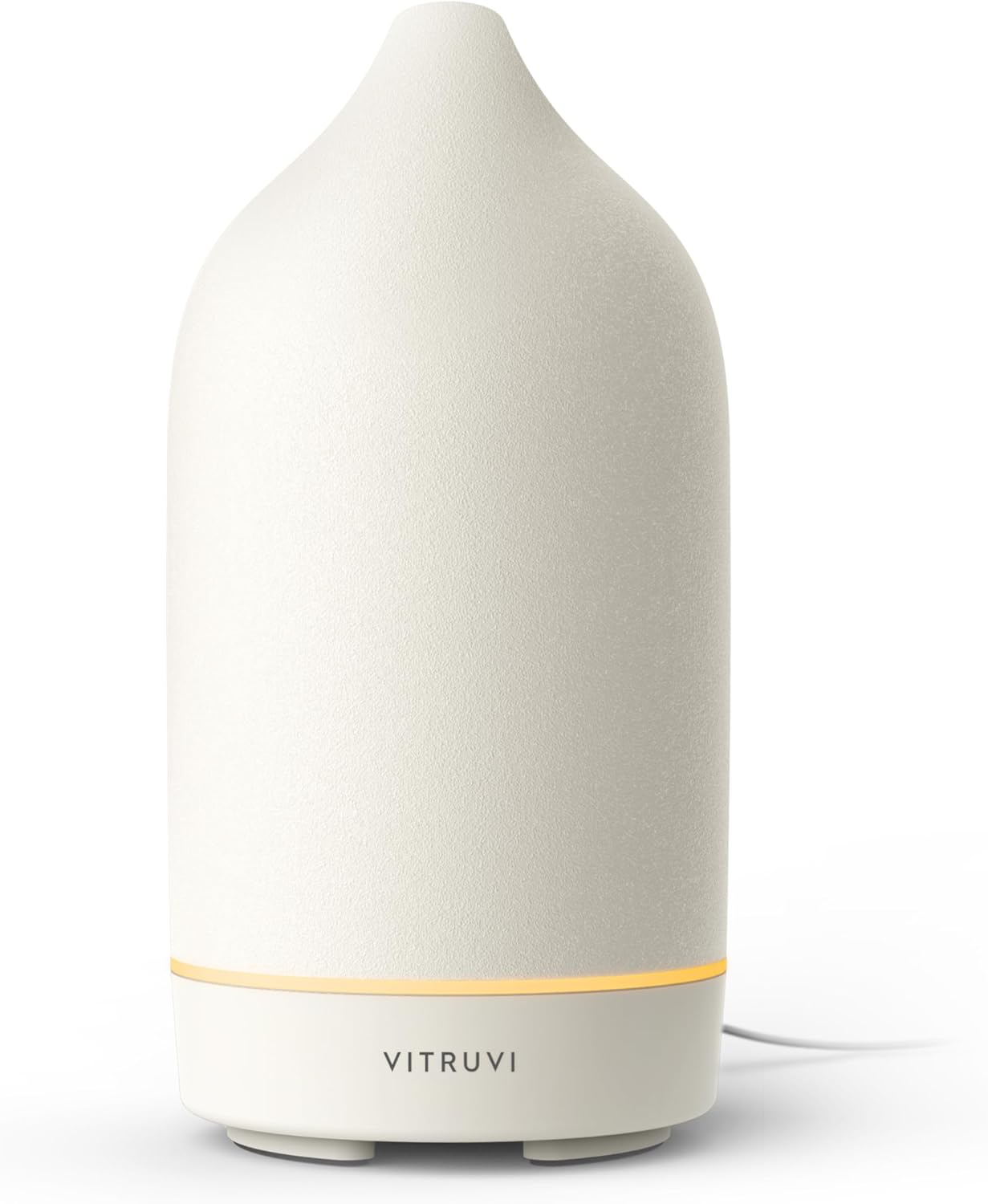
Tolu Oye’s path to becoming a fashion designer was set for her at eight years old. During those early stages of her life, she’d run around the house telling guests of her creative aspirations. By 15, her parents trusted her decision to move to New York City from Ohio to pursue her dream of becoming a designer. They knew she would succeed as pattern-cutting was second nature to her. Her mother taught her how to cut patterns using coupon paper.
Due to her grit and dedication to her craft, she graduated with a diploma from Fort Hays State University’s Art and Design department–then, she went on to graduate from the Fashion Institute of Technology in 2020. Tolu’s degree from the latter was a monumental moment as it was years in the making. Four years later, in 2020, she launched her brand Meji Meji, in homage to the street her grandmother lives on called “Ore Meji St.”
“I knew this would be the perfect opportunity to begin my legacy,.“ Oye tells ESSENCE.com. “I wanted my brand to reflect my culture, so I went through a Yoruba dictionary, the language I grew up speaking, and came across the word ‘Meji.’”
“Meji,” meaning double in Yoruba, and it reflects the duality of Nigerian and African American cultures. This is one of Oye’s main inspirations regarding her brand’s identity. Her parents taught her prominent facets of her African heritage, like Nigerian Highlife music, Fuji music, and Nollywood movies. The brand’s ethos is “sharing authentic stories and creating quality and functional garments designed to make you feel free, strong, and connected to the past.” She mentions that Meji Meji is centered around sharing elements of fashion from her parent’s home country, and fusing it with beauty, nostalgic imagery and innovative design.







Meji Meji as a brand continues to grow internationally with pop-ups hosted in Nigeria, London, Paris, and soon-to-come New York in October 2023. Afrobeats singer Tems is also a supporter, last year she wore their “Na Me Cause am” T-shirt.
The designer says that the history of Africans tends to be told for them rather than by them, and that’s something she wants to be a part of shifting in real time. Despite that notion, the future is filled with African stories being told through the lens of those who grew up living and breathing its cultural signifiers that in recent years have blown up thanks to mainstream fashion house founders like Tolu, artists, and creatives. She is hopeful that through her design work she can dismantle preconceived ideals and tropes that are often connected with African culture. “Meji Meji has a deep cultural focus, and it is [one of] my goals for brands to enlighten people about the beauty of African ancestors and culture.”
“We have so much room for growth and expansion. I know I’m walking in my ordained passion,” Oye adds.








